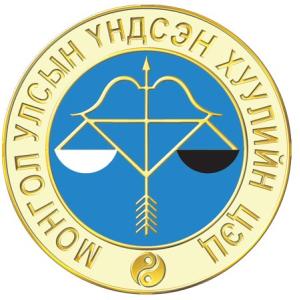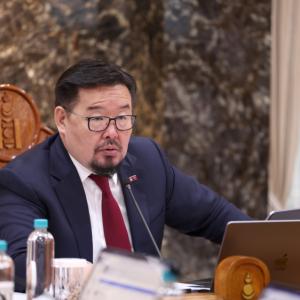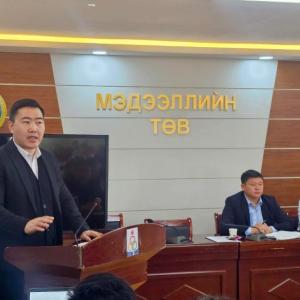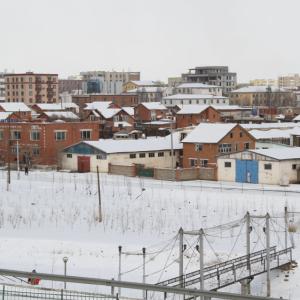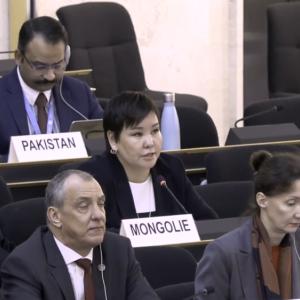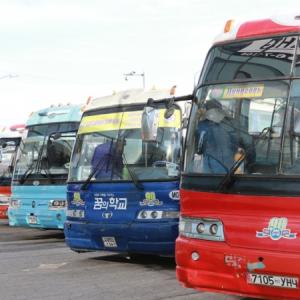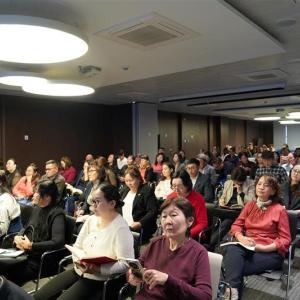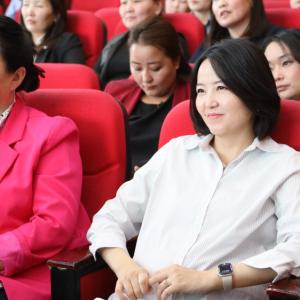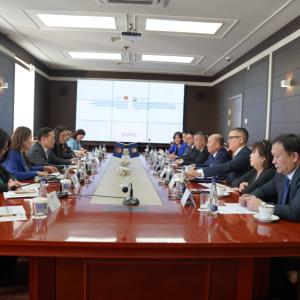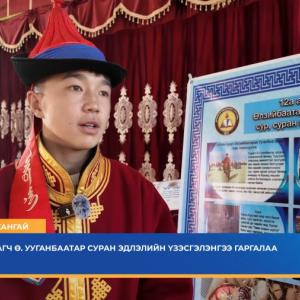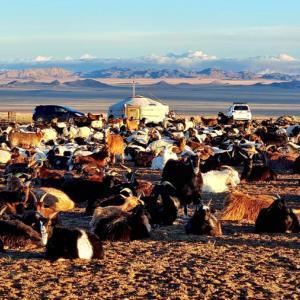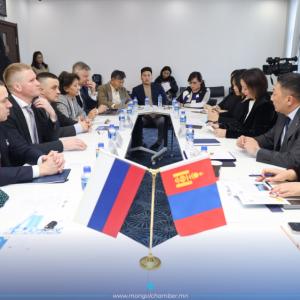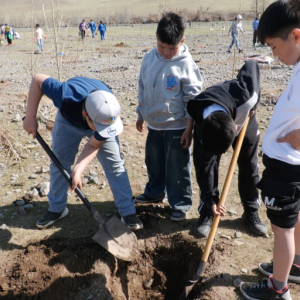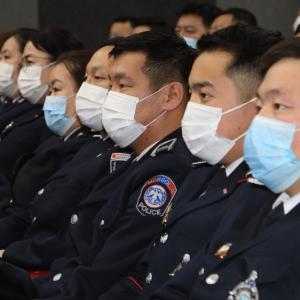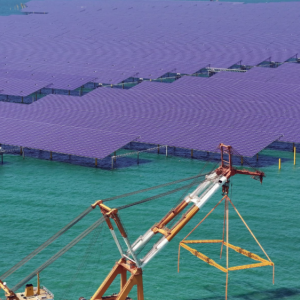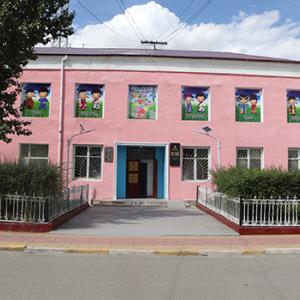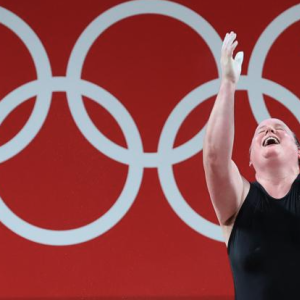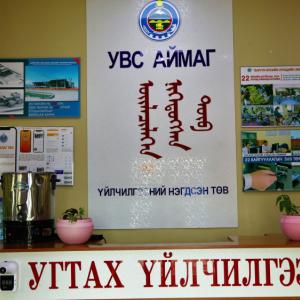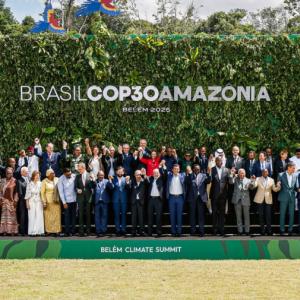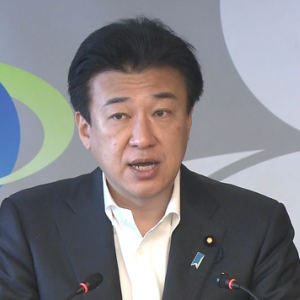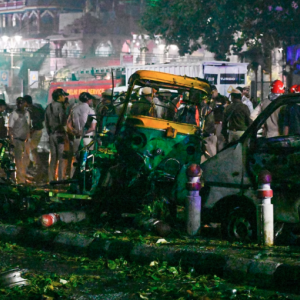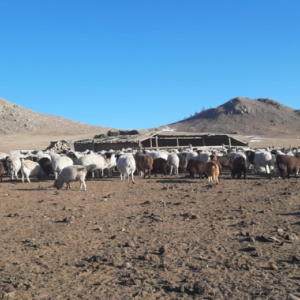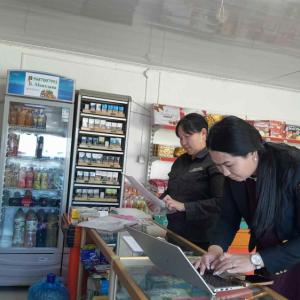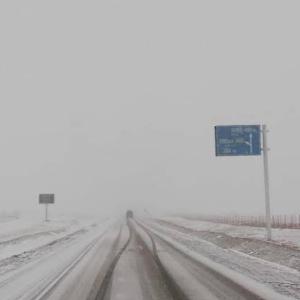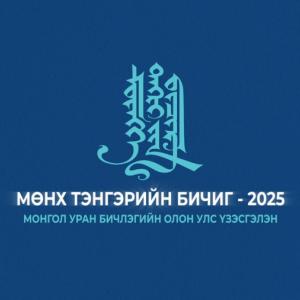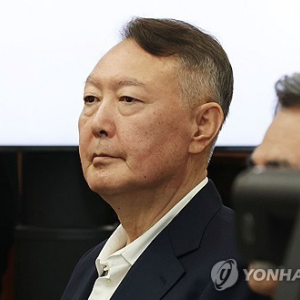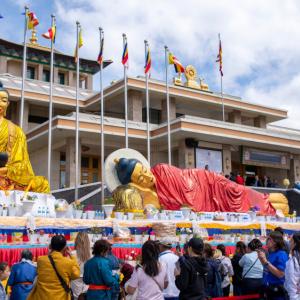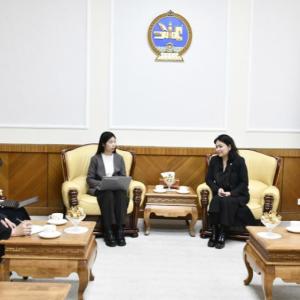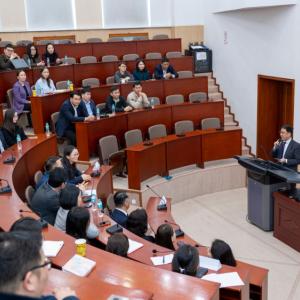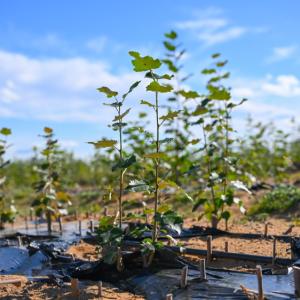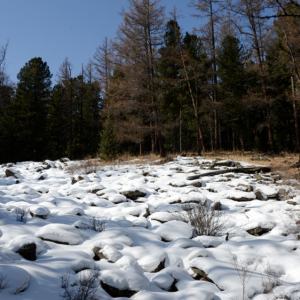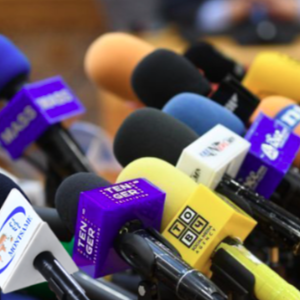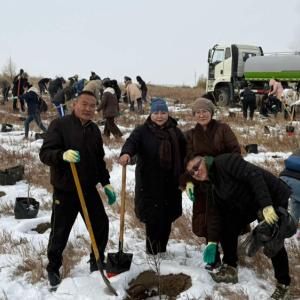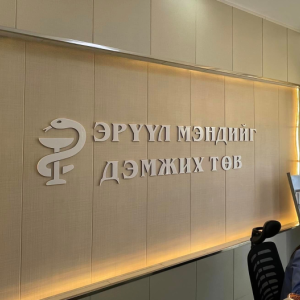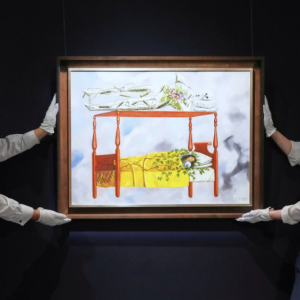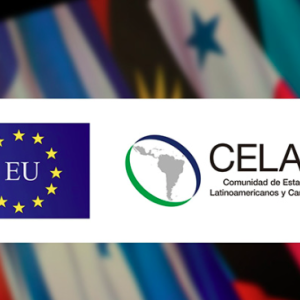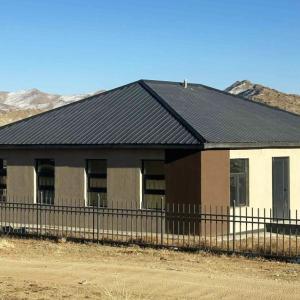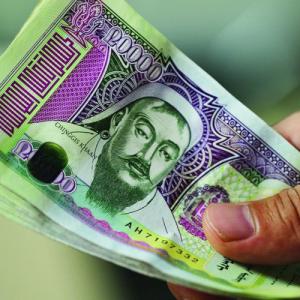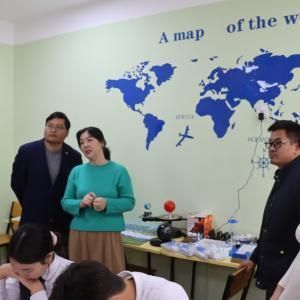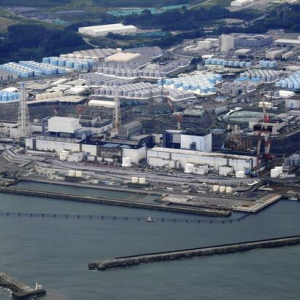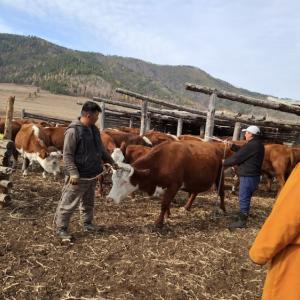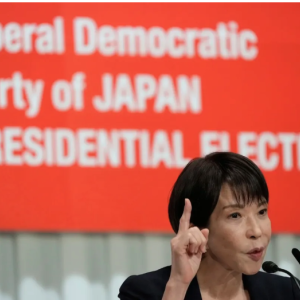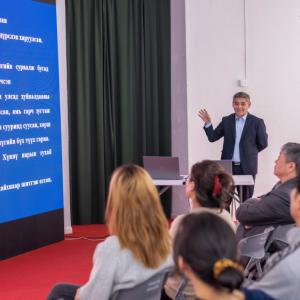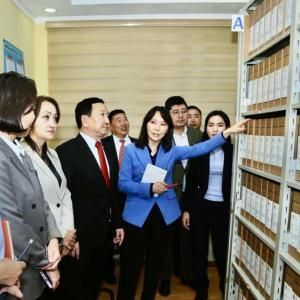Practical Solutions for Gender Equality and Climate Change Discussed
Society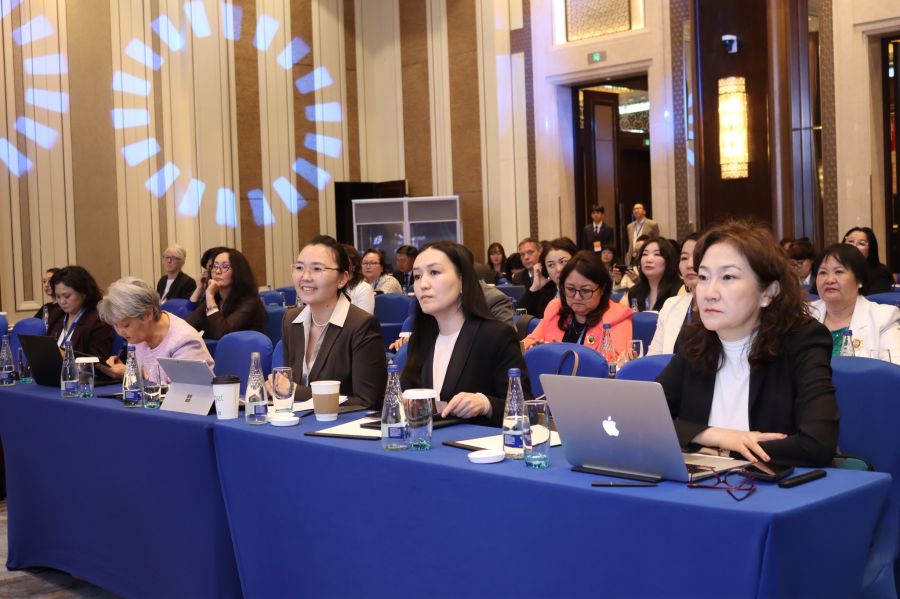
Ulaanbaatar, May 23, 2025 /MONTSAME/. With support from the Asian Development Bank, the Ministry of Environment and Climate Change of Mongolia and the National Committee on Gender Equality jointly organized the "Nexus of Gender Equality and Climate Change" International Conference on May 22-23, 2025.
Leading up to the Conference, 27 Consultative Meetings were held across the Capital City and 21 aimags, engaging representatives from government, NGOs, civil society organizations, international organizations, the private sector, media, and academia. The ideas and recommendations from these discussions were reflected in the official call to action of the International Conference. During a plenary session of the Conference, participants exchanged experiences and deliberated practical solutions to newly emerging issues related to gender equality and climate change. The thematic sessions focused on sharing successful practices in building climate resilience and adaptation, and on identifying steps to enhance capacity for climate response.
The outcomes and initiatives of the "Nexus of Gender Equality and Climate Change" International Conference will serve as a foundation for policy and discussion at the 17th Session of the Conference of the Parties (COP17) to the United Nations Convention to Combat Desertification (UNCCD), to be hosted by Mongolia in 2026.
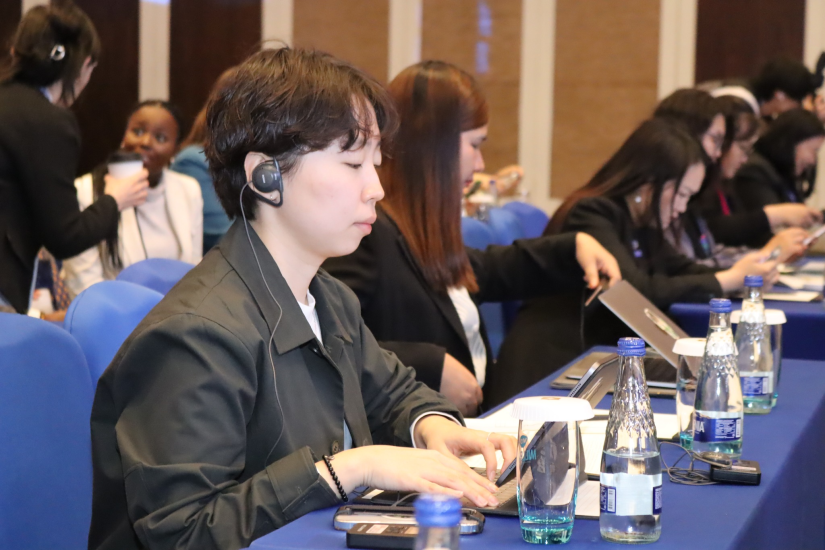 Despite a small population, Mongolia is among the countries most affected by the adverse impacts of climate change. Over the past 80 years, the average air temperature of Mongolia has risen by 2.4°C. As a result, 832 lakes and water bodies have dried up, glacier coverage has decreased by 30 percent, and 76 percent of the territory is experiencing desertification. Nevertheless, Mongolia contributes only 0.1 percent of global greenhouse gas emissions. Drought, desertification, water scarcity, pasture degradation, and the increasing risks to herder livelihoods are threatening the integrity of Mongolia’s unique nomadic culture.
Despite a small population, Mongolia is among the countries most affected by the adverse impacts of climate change. Over the past 80 years, the average air temperature of Mongolia has risen by 2.4°C. As a result, 832 lakes and water bodies have dried up, glacier coverage has decreased by 30 percent, and 76 percent of the territory is experiencing desertification. Nevertheless, Mongolia contributes only 0.1 percent of global greenhouse gas emissions. Drought, desertification, water scarcity, pasture degradation, and the increasing risks to herder livelihoods are threatening the integrity of Mongolia’s unique nomadic culture.
According to UN estimates, 80 percent of those displaced by climate change are women and girls. By 2050, it is projected that 158 million women and girls could fall into poverty, and 232 million could face food insecurity due to climate impacts.
The Conference was attended by 170 participants, including the Deputy Secretary-General of the United Nations, representatives from UN agencies in Mongolia and the Asia-Pacific region, the Asian Development Bank, the Green Climate Fund, the European Union and its diplomatic missions, as well as delegates from over 60 guests and officials from countries such as Australia, the People's Republic of China, South Korea, Kazakhstan, Canada, and the Philippines, highlighting the global relevance and urgency of the issue.
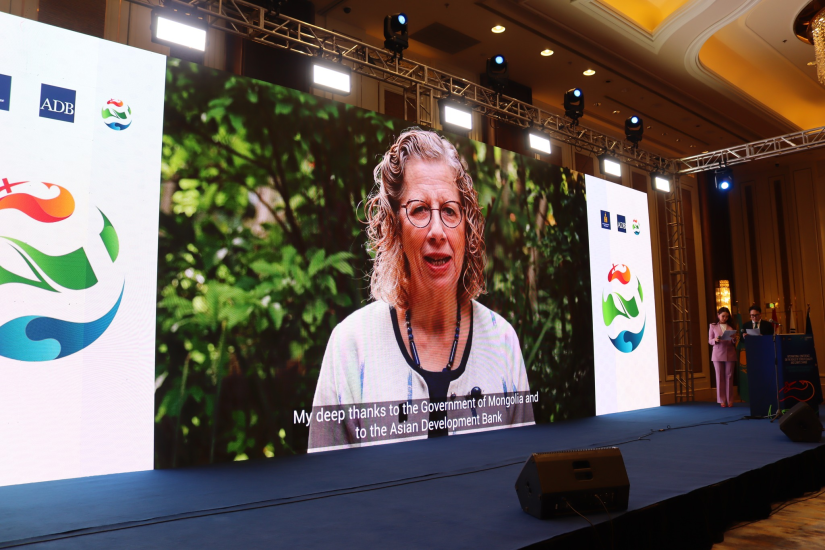
 Улаанбаатар
Улаанбаатар








